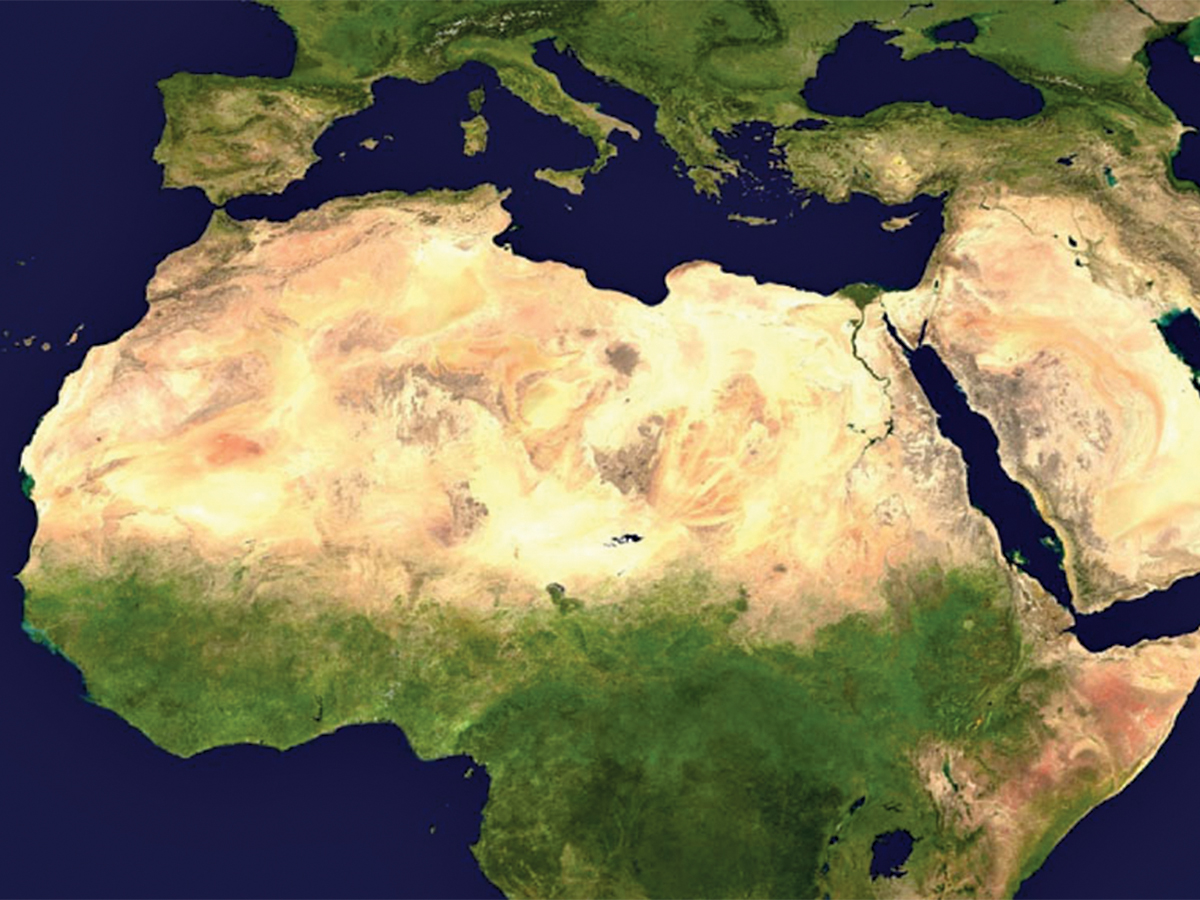
On Tuesday, Oct. 17, UCR’s Center for Ideas and Society-sponsored research group Migration and Conflict Across the Mediterranean kickstarted their year-long project of examining Mediterranean topics on religious conflict and toleration and migration through the arts and exile.
Organized by three UC Riverside professors — Professor of Literature & Performance and Chairman of Theatre, Film, and Digital Production Erith Jaffe-Berg; Professor of History Michele Salzman and Associate Professor of History Fariba Zarinebaf — the group met at the Center of Ideas and Society, where other professors, graduate students and undergraduate students discussed how the Mediterranean, a region known for its cultural contact and exchange, has handled issues specifically on religious conflict and negotiation.
The three professors organizing this research group have extensive works related to the Mediterranean region. Jaffe-Berg has examined the development of commedia dell’arte, an early Italian form of professional theatrical performance, and has researched how underrepresented cultural and religious groups of this same time period made theatre in Europe. Salzman researches how communities negotiate for social status and power though performance, and is currently writing a book on the third to seventh century crisis faced in the city of Rome titled, “The ‘Falls’ of Rome: The Transformations of Rome in Late Antiquity.” Lastly, Zarinebaf studies how the Mediterranean world is connected to the history of Istanbul and how the legal system of societies and empires developed to accommodate the diverse community in the pre-modern period.
Their wide range of works on the Mediterranean region helps them understand the region at this modern period and approach the situation not from a traditional perspective, but from a less conventional one.
When asked about the unique approach toward examining the Mediterranean from a historical rather than political perspective, Zarinebaf responded, “I think it is highly important to move away from traditional approaches to the Mediterranean and examine the importance of the eastern Mediterranean and the layered history of this very diverse region and home to three Abrahamic religions,” Zarinebaf explained, “(and) not emphasize so much conflict because that is what we see on our screens every day, but how people from different faiths negotiated coexistence and shared sacred and commercial spaces in cities.” As a result, the research group intends to use the space as a platform for political scientists, theatre scholars, historians and others to have a creative, integrative conversation.
Migration and Conflict Across the Mediterranean will continue to meet at the Center for Ideas and Society in College Building South on a quarterly basis for one year only, unless funding is received to continue this project. Though the group has only just started, plans of future events include giving a lecture about religious conflict and identity to correlate to the Greek tragedy “Antigone,” presented by the Department of Theatre, Film and Digital Production in February 2018.








